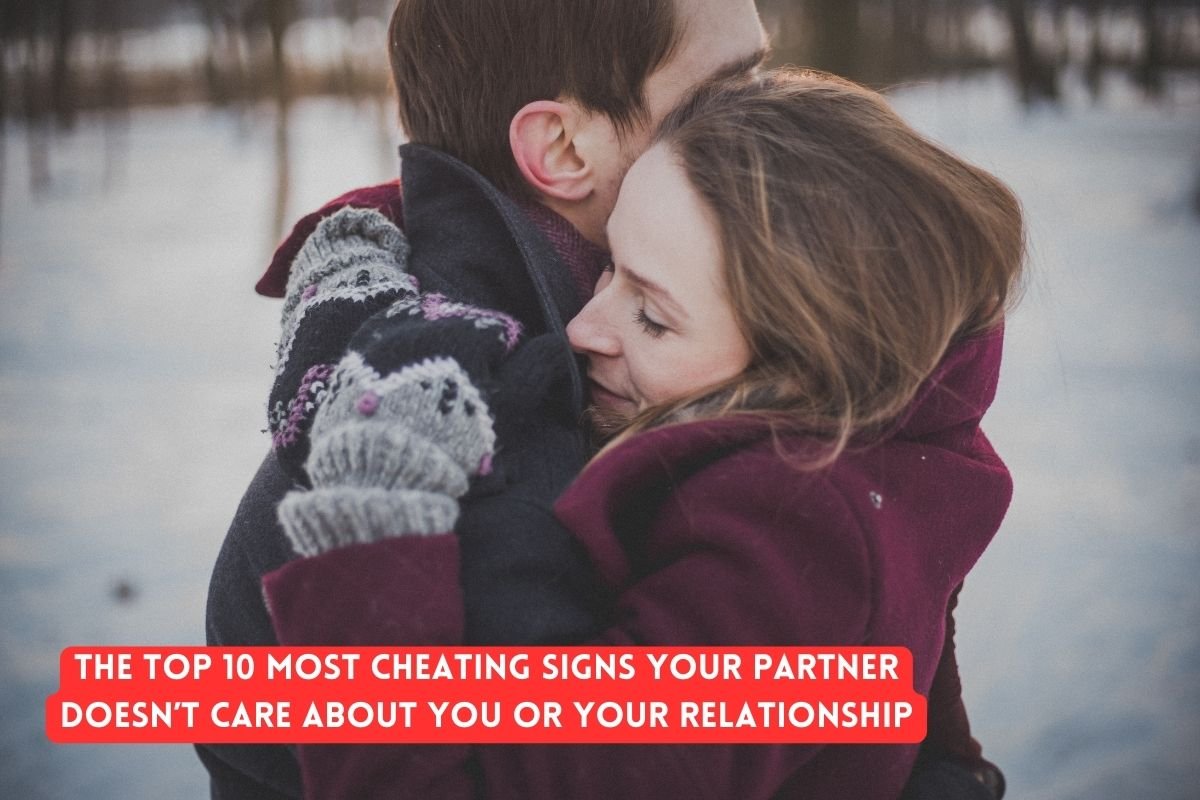At times, relationships can become uncertain, and suspicions may arise regarding the commitment of your partner. Understanding the signs that indicate your partner may not care about you or the relationship can help you navigate through challenging times. Here are the top 10 signs to look out for:
Lack of Communication
Communication forms the foundation of a healthy relationship. If your partner avoids meaningful conversations, dismisses your concerns, or is consistently unavailable, it could signify a lack of interest or investment in the relationship.
Disinterest in Your Life
Partners who care deeply about each other take an interest in each other’s lives, aspirations, and goals. If your partner shows little curiosity about your day, your dreams, or your challenges, it may indicate a lack of emotional connection.
Secretive Behavior
Keeping secrets or being evasive about their activities and whereabouts can be a red flag. Trust is essential in a relationship, and secretive behavior can erode that trust, indicating a lack of commitment.
Lack of Intimacy
Intimacy goes beyond physical closeness; it encompasses emotional connection and vulnerability. A significant decline in intimacy, whether physical or emotional, may suggest that your partner is no longer invested in fostering closeness with you.
Prioritizing Others Over You
Your partner should prioritize your needs and feelings in the relationship. If they consistently prioritize other people or activities over spending time with you or addressing your concerns, it may indicate a lack of regard for your emotional well-being.
Disregard for Boundaries
Respecting each other’s boundaries is crucial in any relationship. If your partner repeatedly disregards your boundaries, whether it’s invading your privacy, ignoring your requests, or crossing physical boundaries, it could signify a lack of respect and consideration.
Flirtatious Behavior
Engaging in flirtatious interactions with others, especially in your presence, can be hurtful and disrespectful. It may indicate that your partner is seeking validation or excitement outside the relationship, neglecting your feelings in the process.
Unexplained Changes in Behavior
Sudden changes in behavior, such as increased secrecy, moodiness, or unexplained absences, warrant attention. These changes could be indicative of underlying issues in the relationship or potential infidelity.
Lack of Accountability
Healthy relationships thrive on accountability and responsibility. If your partner consistently deflects blame, avoids taking ownership of their actions, or fails to apologize for hurting you, it may signal a lack of concern for your feelings and the relationship’s well-being.
Indifference to Your Emotional Needs
Your partner should be empathetic and supportive of your emotional needs. If they consistently show indifference or apathy towards your feelings, dismiss your concerns, or invalidate your emotions, it suggests a fundamental lack of care and empathy.
In conclusion, recognizing the signs that your partner doesn’t care about you or the relationship is essential for making informed decisions about your future together. Addressing these issues openly and honestly can help determine the best course of action for your emotional well-being and happiness.
FAQs
How can I confront my partner about their behavior?
Approach the conversation with honesty, empathy, and a willingness to listen. Express your concerns calmly and provide specific examples to facilitate understanding.
Is it possible to rebuild trust after betrayal?
Rebuilding trust requires open communication, transparency, and a commitment to change from both partners. It’s possible but requires time, effort, and patience.
What if my partner denies any wrongdoing?
If your partner denies their actions despite evidence or refuses to acknowledge your feelings, it may indicate a deeper issue in the relationship that requires further exploration or professional guidance.
Should I stay in a relationship if my partner shows these signs?
Ultimately, the decision to stay in or leave a relationship is personal and depends on various factors, including your emotional well-being, the willingness of both partners to address issues, and the potential for positive change.
Can couples counseling help address these issues?
Couples counseling can provide a supportive environment for addressing relationship challenges, improving communication, and rebuilding trust. It may be beneficial for couples experiencing difficulties in their relationship.
